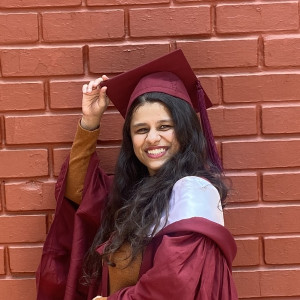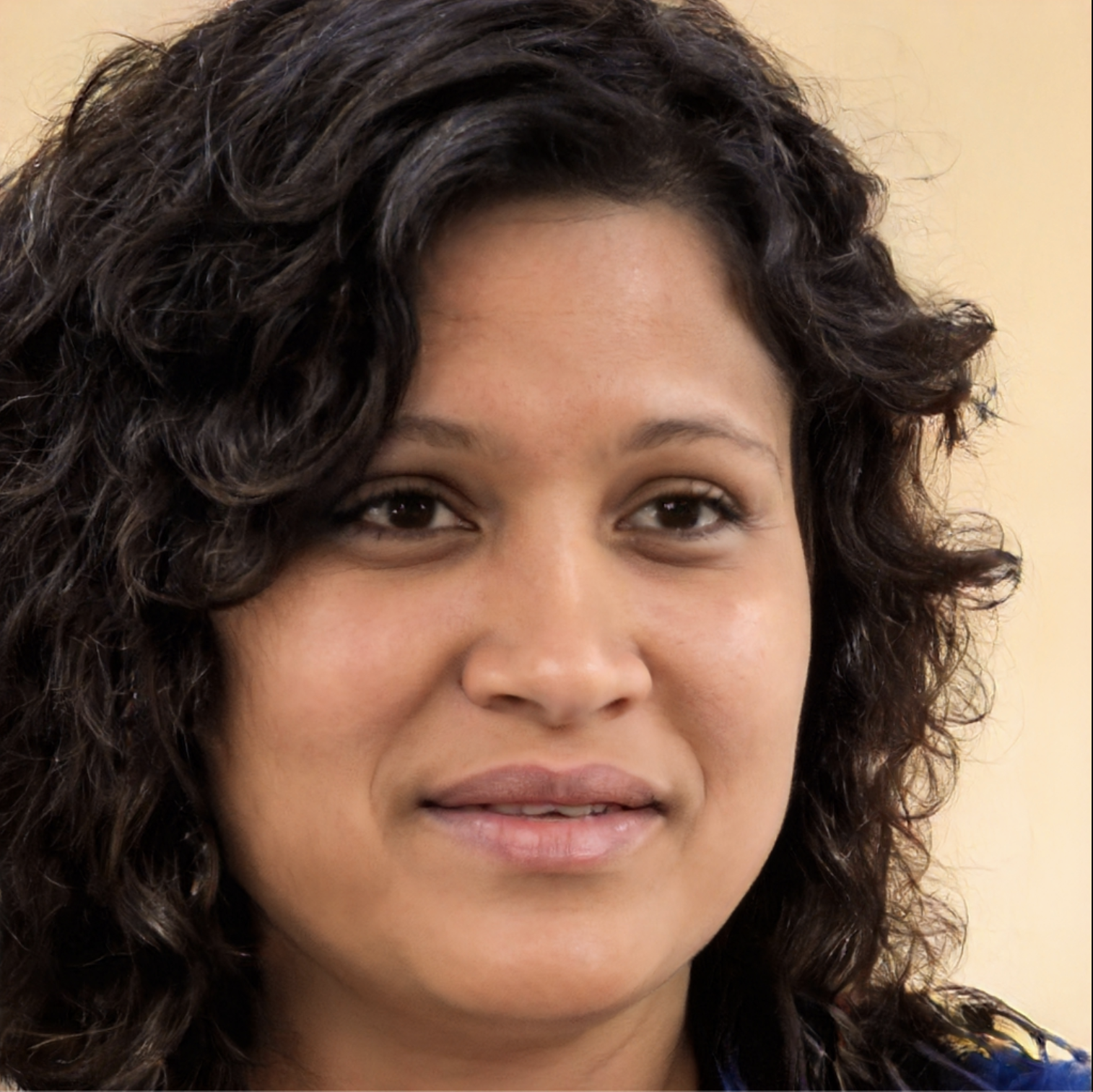Music can name the unnamable and communicate the unknowable - Leonard Bernstein
The role of a singing teacher in the life of a singer can never be undermined. It is almost a crime not to take your singing classes seriously if you are planning to make a career out of your singing skills. It doesn't even matter if you are an already established singer, who has a highly successful career. Without regular and proper singing lessons, you will not get very far in your professional journey.
There are different types of voice types and it is important to identify your type. This helps in expanding your repertoire to get better at your singing prowess. Taking a music course or a course in vocal training can be immensely helpful in identifying your voice type. In addition, regular vocal exercises are also very important to prevent voice abuse or damage to the vocal cords. The most important lesson you will learn in your singing career is that there is no substitute for regular vocal training and that your voice is your biggest asset, that needs to be taken care of.

Do Female Singers Require A Specialized Singing Teacher?

Teaching music is not easy. And that's why you need to find a singing teacher, who has undergone proper training and is certified to teach. You can identify your voice type with the help of music lessons. A voice type refers to a group of voices that have the same or similar vocal ranges. A particular voice type is able to sing in a similar tessitura and with similar vocal transition points called passaggi.
This type of vocal classification is typical of European classical music. Vocal pedagogues have designed different voice types and classification methods. Broadly, you will learn about seven different types of voice types in your singing lessons. There is an eight type, the treble, but that is not taught extensively everywhere.
The typical singing lesson will help you learn singing over a range of one and a half to more than two octaves. Most singers in the world have a voice type somewhere in between two types. This helps them to sing some parts of both types. It is very important to know your voice type, as misclassification or wrong identification can be both dangerous. You can even damage your vocal cords in the process, thereby shortening your singing career to a considerable extent. Some effects are more long-term, like vocal pathology, which can stem from singing at the extremes of a range. This is why it is very essential to undergo proper vocal training.
Find a good singing class here on Superprof.
How Can Singing Classes Help to Identify Voice Types?

For a singer - professional or amateur - it is extremely important to be well-versed with their vocal range. This, in turn, helps to identify your voice type and even expand your repertoire as a singer. While a vocal range may seem restrictive, knowing your limits is important so as not to cause any damage to your voice. You can, of course, try to sing outside your vocal ranges, but the result could be potentially damaging to your vocal cords as well as your music career.
Your voice type may fall in between any of the eight voice types that you are taught in your singing classes. Sometimes, as part of your singing lessons, the singing teacher may indulge in training you to sing beyond your highest and lowest notes.
This is done to check how comfortably you can sing at certain notes and to what extent you can expand your vocal range. It may also be the case that within a single voice type, you may have different sounding voices - darker or heavier, or lighter. This is normal and, in fact, a mark of good singing as it allows you to portray the different parts of a song better. You will often find this type of singing in a London opera house.
Whatever be your voice type, vocal exercises are a non-negotiable if you plan to sing for a long time throughout your life. A daily routine of 30-minute warm-up before your music lessons is mandatory in order not to damage your vocal cords and to sing to the best of your abilities. Remember that while voice types might be similar, your voice is unique to you. And even male and female voice types differ greatly given the vocal timbre, weight, and physical structure of vocal cords.
Find good singing classes online here on Superprof.
Does A Singing Teacher Train in Different Voice Types?

The only love affair I have ever had is with music - Maurice Ravel
Your singing lessons aren't complete without you having fully understood what your voice type and vocal range are. Teachers at a music school are trained to teach you exactly this. The first thing to understand is what is a voice type and what are the different types of voice types. A voice type is created by grouping similar vocal ranges. Your voice type may be a combination of two or more types and may not exclusively fall under one specific type. A specific voice type is capable of singing in a similar tessitura, with similar transition points, called passaggio. While voice classification is the mark of European classical music, other genres and regions have borrowed extensively from this classification system.
You may ask yourself this - how do I choose my vocal repertoire? There is an easy answer to this. A singer would normally choose a repertoire that is most aligned with the musical instrument they sing with or sing to. And this also includes singing a variety of types and not sticking to one single voice type. But of course, you have to be at that level of expertise and professionalism to do this. If you are just starting as a singer or trying to step into a singing career, you need to be concerned with seven broad voice types that are taught as part of your vocal training lessons. You will also need to learn about the different types of voice types for male and female singers. The good thing is that your voice type, in all likelihood, will fall somewhere in between two categories. This helps you to sing a wider vocal range.
Singing Classes Near Me | Find My Voice Type

You basically produce beautiful musical notes and sounds with your voice when you sing. To become a singer or vocalist, you need to hone your natural talent. And for this, singing classes are a must. Your vocal training will include learning how to sing with or without any musical accompaniments like a piano or harmonium. If you have the basic lessons in place, you can choose to be any type of singer - soloist, band member, choir, opera - anything at all. You can learn any and many types of music in a singing school - opera, Indian classical, Rabindra Sangeet, jazz, blues, ghazal, pop, electronic dance music, etc. You can build your expertise in one specific genre of music or choose to be a diverse artist or a crossover artist - one who can sing in multiple genres. But at the heart of it should be a robust and regular vocal training plan and a solid mentoring by a singing teacher.
Whether you learn singing as a hobby or to become a professional singer, singing teachers can help you do either or both. You will be expected to put in your hard work, time, and effort to make vocal exercises a habit. Skipping this routine of warm-up, training, and repeat will only land you in trouble and may even prevent your singing skills from unfolding to their fullest potential.
Summarise with AI:

























